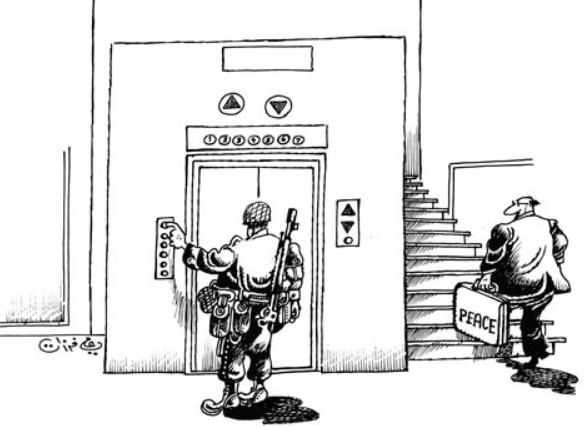Women Empowerment: A Long Way to Go
Women Empowerment and Gender Equality is still a distant dream for women in many parts of the world.

Protracted conflicts are some of the most resistant to third-party interventions. These are conflicts that have withstood the test of time. The dehumanization of the “other” becomes part of the belligerents’ identity and parties lock their positions around solutions that are perceived to be incompatible. Over time, leaders get hooked on resources and power which takes primacy over the root causes of the conflict.
Parasites, patrons, and external parties enmesh themselves in the conflict and embed the conflict in a regional network of self-reinforcing dynamics. Using the consensus-building skills of an independent mediator can help move protracted conflicts towards a resolution.
Ripeness is not just a state but a process that can requires human agency to achieve.
A readiness to engage in peace talks can emanate from different levels of society. Citizen initiatives can trigger a break from the status quo by harnessing the power of numbers to shift conflict dynamics. Mediators can be useful when trying to build public consensus around priority issues and to facilitate inter-group collaboration in a strategy that seeks to leverage the power of coalitions to affect change and create a willingness to negotiate at the track-I level.
Another area where a mediator can be useful is with the public’s perception of the “other.” By bringing opinion leaders from different sides of the fault lines together, a mediator can help parties deconstruct internalized images and help participants shift negative messages away from the person and back onto the problems.
---
Picture credit: Ali Farzat
